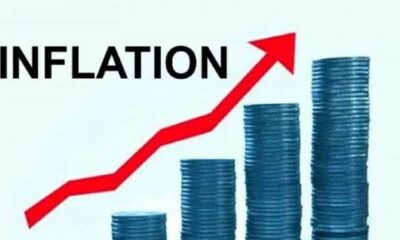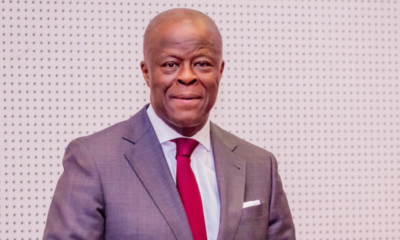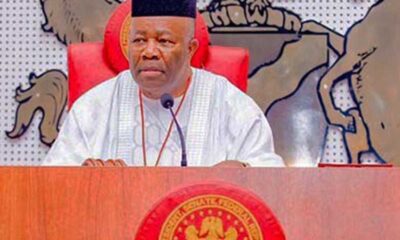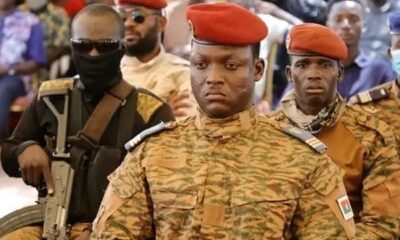According to the Central Bank of Nigeria (CBN), the big drop in the country’s foreign exchange reserves was not due to the defence of the Naira. Instead, it was done to partly pay off debts owed to creditors.
Furthermore, the bank said it wanted to stay out of the market as much as possible, hoping to create an environment where costs are set by willing buyers and sellers.
The CBN governor, Olayemi Cardoso, clarified on Wednesday while the International Monetary Fund and World Bank held their Spring Meetings in Washington, D.C., USA following curiosity around the big drop in the country’s foreign exchange reserves—about $2.16bn in just 29 days—even though the government was working hard to keep the naira stable, underlying important it is to let the market decide prices instead of depending too much on the bank to step in.
The CBN website showed that as of April 15, 2024, the foreign exchange stocks had dropped to $32.29bn, a big drop from March 18, 2024, when they were $34.45bn. Also, the funds grew by $1.28bn over 43 days, from February 5, 2024, to March 18, 2024.
The apex had earlier stated that the rise was due to more money being sent back to Nigeria by Nigerians living abroad and more interest from foreign buyers in local assets, such as government debt securities. The top bank also said that the rise was caused by changes in the foreign exchange market and more oil being produced, among other things.
Cardoso maintained that the bank would not get involved in the exchange unless unusual circumstances arose. He also made it clear that the recent small change in reserves had nothing to do with protecting the naira. He said that there will be an increase soon because the country is getting an extra $600 million into its funds.
He said, “I want to make this as clear as possible, it is not in our intention to defend the naira. and as much I have read in the recent few days, some opinions concerning what is happening with our reserves and if the central bank is defending the naira. If you think about what our overall policy and philosophy has been here, you can see it is counterintuitive.
“What we are encouraging is for the market to be a willing-buyer and willing-seller price discovery system, and ultimately I perceive a future where the central bank would not intervene except in very unusual circumstances. What is important to us is that there is sufficient liquidity in the market. We recorded trading of $1bn, sometimes it is $600m or $700m as the case may be and that will continue. So as long as we have a vibrant currency market, why do we need to intervene? There has been little amount given to the Bureau de Change to get that segment going and a small amount of money has gone into that to catalyse because individuals must have access to funds for school fees, health and the rest.”
Foreign currency shortages in the country have been a problem for a long time for the CBN. That governments, commercial banks, merchant banks, other financial institutions (OFIs), or public officials cannot directly or indirectly own Bureaux de Change (BDCs) was ruled in February.

 Sports2 days ago
Sports2 days ago
 Culture2 days ago
Culture2 days ago
 Metro2 days ago
Metro2 days ago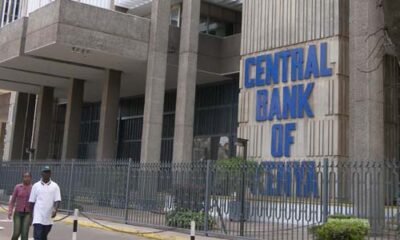
 VenturesNow2 days ago
VenturesNow2 days ago





